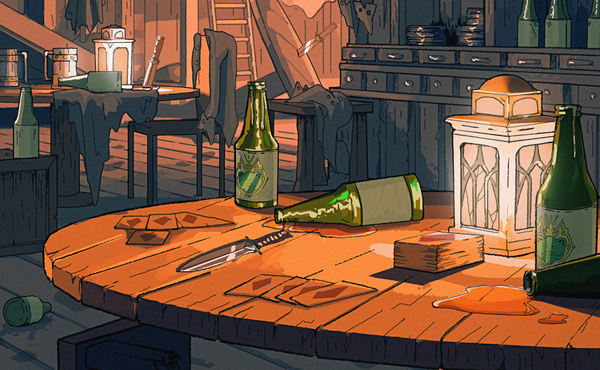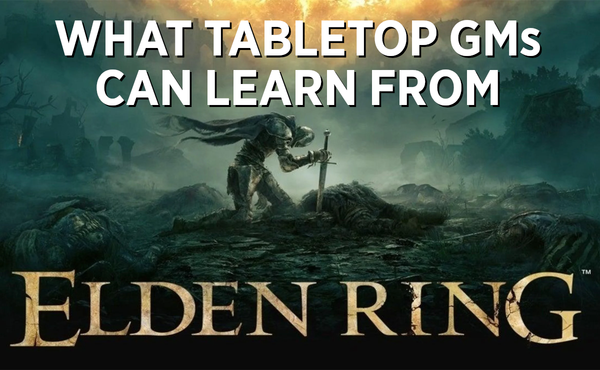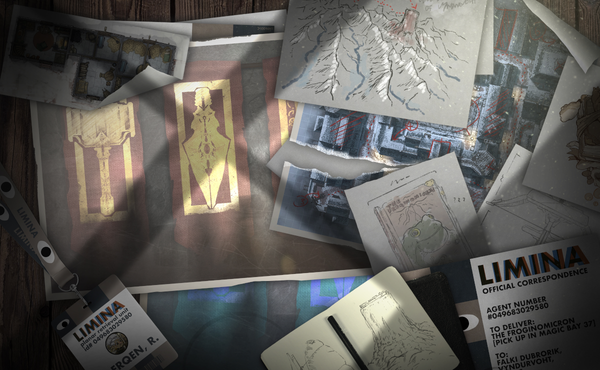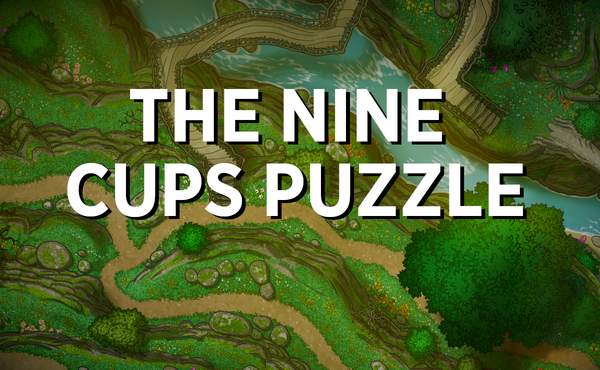200+ Questions To Build Your Fantasy Campaign World
Answer these, and your world will be well on its way
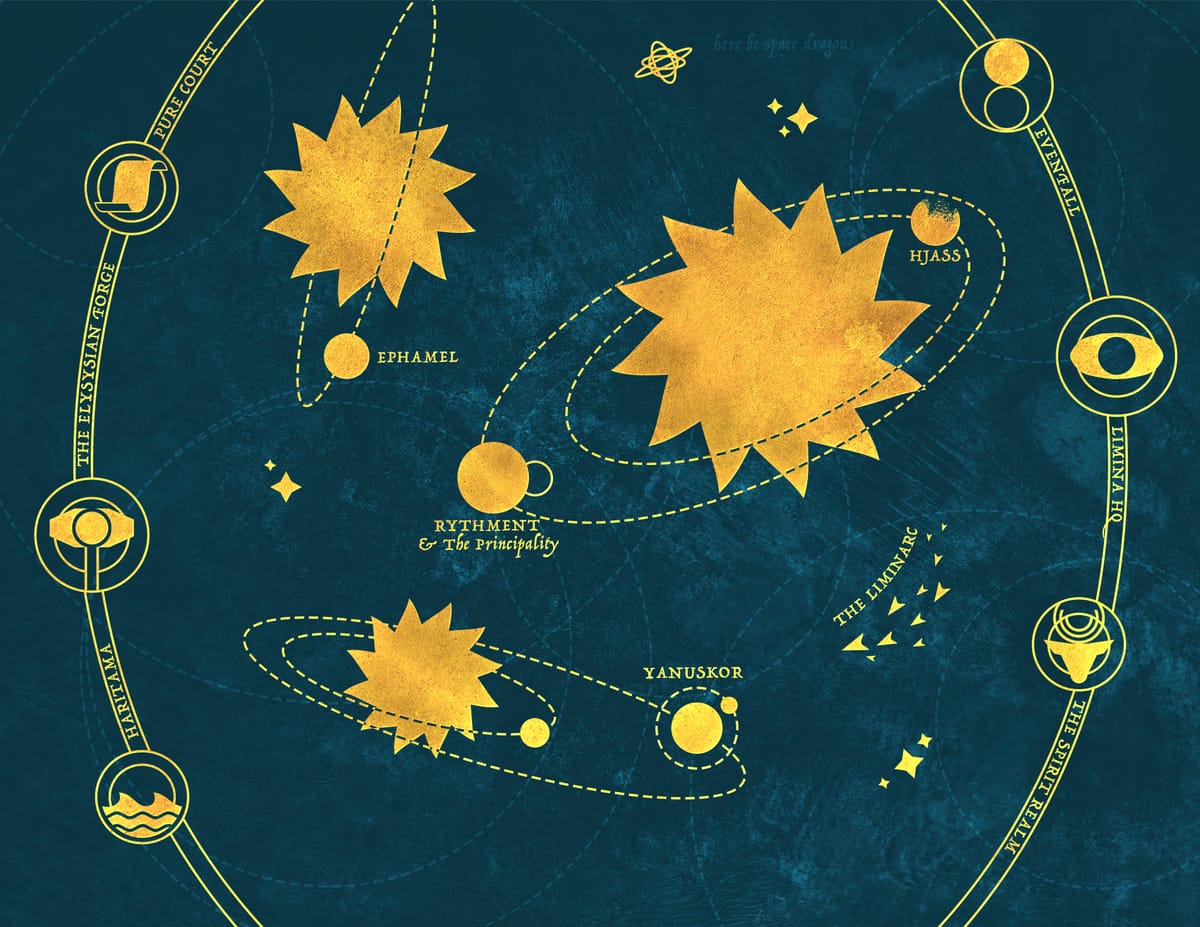
When crafting a world from scratch for your tabletop campaign, it’s easy to get bogged down in the specifics. You start sketching out maps of continents and oceans, imagining epic clashes from history, and penning reams of lore documents. There’s no one right way to create an entire fictional universe in which to run your campaigns, but honestly: throwing a million ideas at the wall and seeing what sticks tends to work decently well. It’s how I designed RPG worlds like Yanuskor, Rythment, and Hjass for Borough Bound.
Unfortunately, it’s also quite common to for that broad brainstorming method to come up short. You open a Google Doc and start typing, but all you’ve got is a header that reads “Campaign World v1.” How do you break free of that writer’s block?
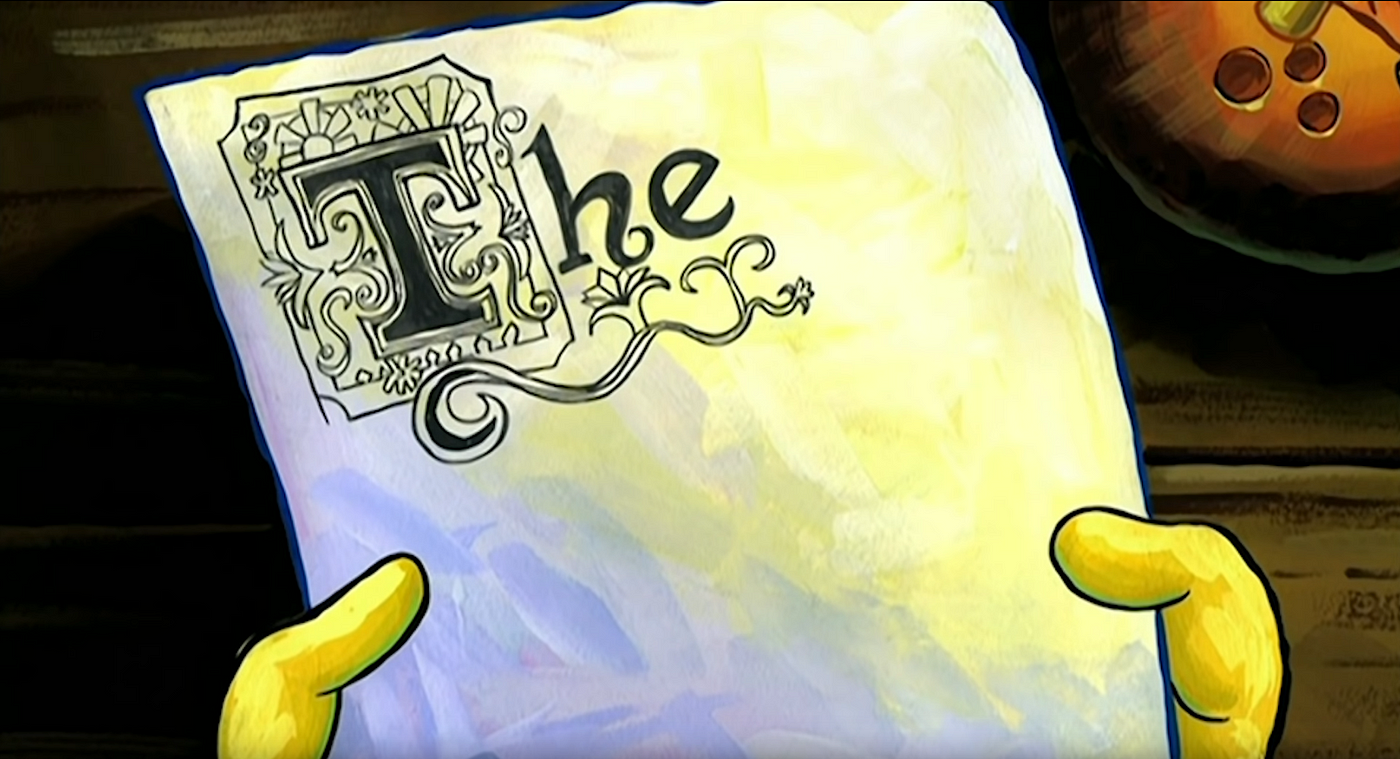
If you’re designing a fantasy world, you can start by asking yourself pointed questions about the world. Don’t try to summon every creative idea from thin air, but consider instead the key details that most fantasy worlds eventually address.
This post poses over 200 questions that you can use to flesh out your TTRPG world. I originally wrote this list just for my own personal usage, but I figured it’d be useful to share with all of you. When crafting your world, you don’t need to write down a discrete answer to each and every one of these questions. Instead, they’re meant to guide your thoughts as you begin sketching out what’s important to you.
First, three caveats:
- The questions I’ve written here are specifically for use in tabletop gaming. Most questions will probably also apply to novels and comics and the like, but many are particularly relevant when paired with tabletop systems. For example, the emphasis on ruins, creature types, and challenging geography are meant specifically to create a rich setting for dungeons and encounters.
- This list does not address much about current cultures, states, or settlements of the world. The questions you answer here may help you to determine who might live where, what sort of societies they have, and so forth, but this list is more about defining the starting conditions of your world. I’ll address how you can populate that world without nations and cultures in a future post.
- I mostly sidestep issues of genre here. For the most part, you can design campaign worlds using this list which will support pirate adventures, wild west adventures, samurai adventures, and so forth, but the primary goal is making capital F Fantasy worlds. I’ve got lots of thoughts on genre and setting design that I’ll tackle in the future!
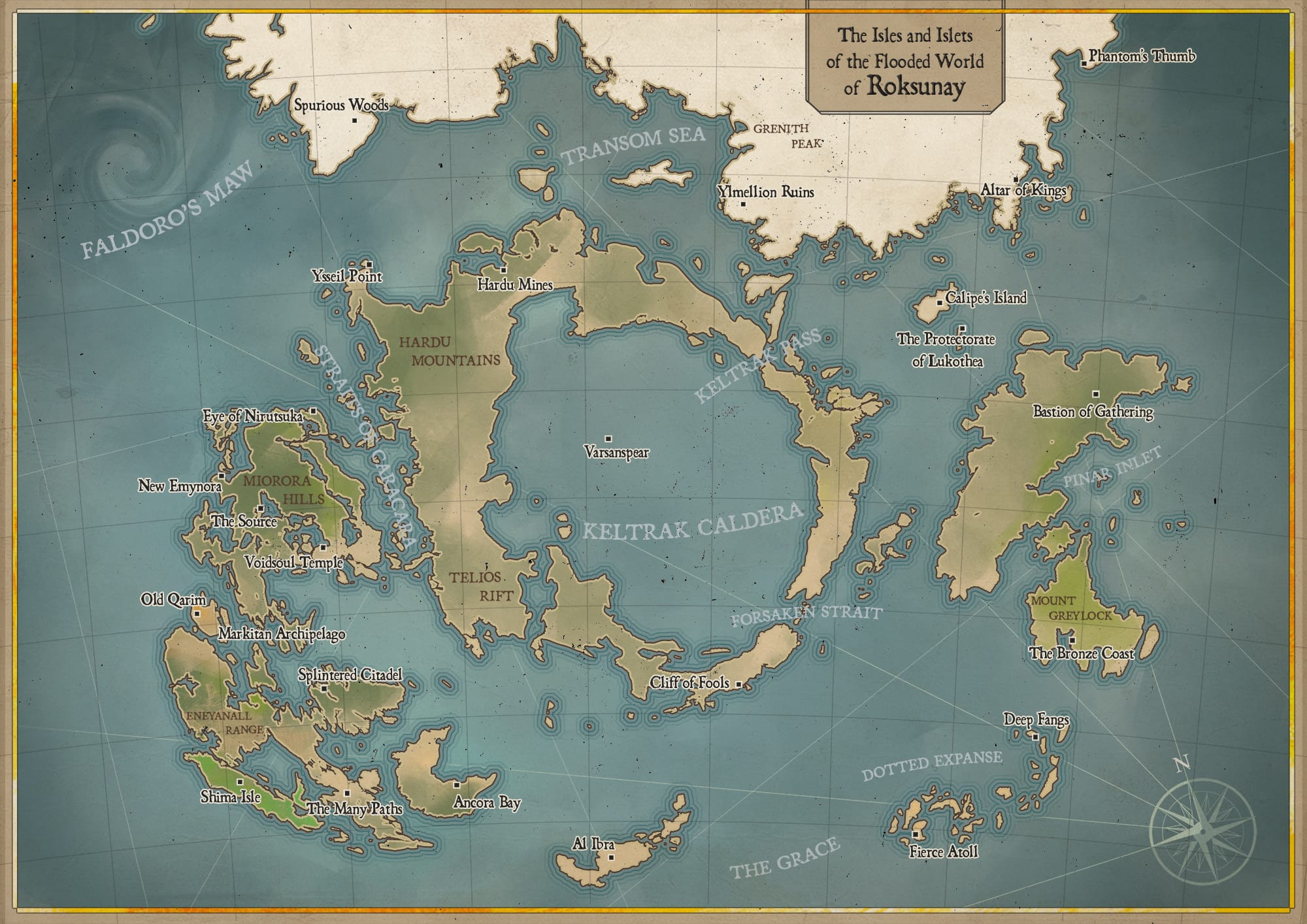
Okay, let's start answering those questions!
History
Which societies no longer exist? Who were they? Why did they disappear? What did they leave behind? How do these societies continue to influence the present? Has the world ever been more advanced than it is now? Are there any surviving remnants of these societies?
What ruins exist? How do these ruins relate to the past and present? Who or what remains inside? Why would anyone go there?
Which wars were most important? Who fought who and why? What were the results of these wars? Who suffered? How did societies change during and after? Which wars were most recent? Which wars are ongoing?
Have there been significant natural catastrophes? Were they truly natural, magical, or divine in origin? How do societies today remember these incidents? Do they continue to shape the present? Are there fears of future catastrophes? How have societies attempted to protect themselves against future catastrophes?
What is known of prehistory? Do people know how the world was made? Is there evidence of people living before written records? What do present-day societies get wrong about prehistory?
Who are the most important historical figures? Consider religious figures, political figures, inventors, artists, revolutionaries, heroes, villains, philosophers, mages, and explorers. Are these people misunderstood? How did their deeds shape the world? Why are they remembered?
Creatures
What’s the deal with dragons? Are they smart? Coordinated? Magic? Of this world? Godly? Do they influence events today? What do people think of them? Can they change shapes? Are they immortal? What is their physiology? Are there different varieties? Are they common? Are they endangered? What do they represent?
What’s the deal with giants? Were they once great? Are they unified? Are they an ongoing threat? Who do they hate? What have they built? What have they destroyed? Are they magical, or simply really big?
What’s the deal with spirits? How do ghosts work? What lingers after death? What conditions determine who becomes a ghost? Does anything else have some spiritual essence other than sentient beings?
Can anyone make constructs (golems, homunculi, robots, etc)? Are there present-day constructs? Are there ancient constructs? Are they used for good? Are there issues of morality (i.e. do robots have rights?)? How common are they? How complex can they be?
What’s the deal with aliens? Are there any weirdos from really far away? Are they humanoid people from other worlds, beings from another dimension, or something so exotic that they defy categorization? Are they comprehensible or Lovecraftian? Have they always been here, or are they relatively new? Do they influence the world, or are they trying to avoid interfering? What do they want here?
If you're planning a world for wide-ranging D&D campaigns, you may want to leave open the door to all of the various canonical creature types, but just because the Monster Manual has sentient oozes doesn't mean that you have to.
What are the animals? Are they identical to earth animals? If not, which are particularly dangerous or helpful? Is there a distinction between animals and monsters? Is it a spectrum? Make sure to consider animals in the context of agriculture, war, transportation, and nature-based magic. Make sure the animals reflect the climate and geography of your world.
Who or what lives in the water other than fish? Are they magical? Are they powerful? Do they have society? Consider mermaids, leviathans, and everything in between.
What creatures can fly? Is their flight important to society? If intelligent creatures can fly, that potentially changes quite a bit about the world (communication, warfare, trade). Consider the ramifications of any dangerous, powerful, or merely large creature that can fly.
How are you handling the archetypal Halloween monsters? That’s vampires, werewolves, zombies, skeletons, witches, mummies, sasquatches, swamp things. Do they exist? Are you recontextualizing these creatures? Are you retaining their canon traits and origins?
How are monsters distinct from other beings? Are monsters just people or animals that happen to be dangerous? Or are they something unique (e.g. innately evil, magical, or created in some vile fashion?)? If they aren’t unique, you have to address that, and it will also make combat more difficult to justify—all violence becomes morally fraught. Can a monster choose to be good? If not, consider what that means about free will.
Where did all these creatures come from? Did they always live in this world or did they come from somewhere else? Do some species predate others? Were some creatures made (either by gods, mages, or unusual forces)? Is evolution a thing? What about souls?
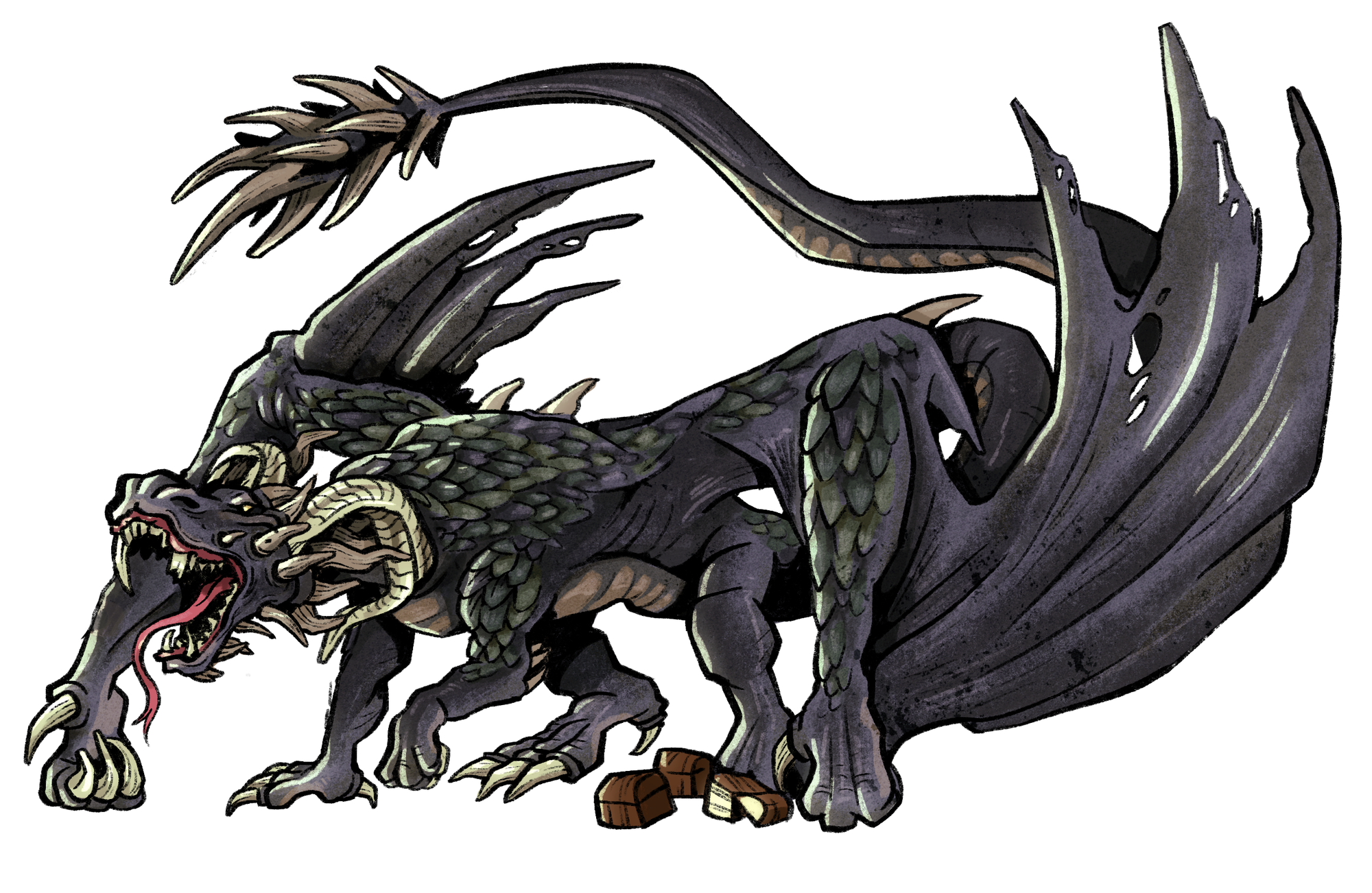
Canonical Intelligent Species
Humans
Are they different than earth humans? Have they always existed? Is the length of their life significant? How do the other species view them? Are they the most populous intelligent species? Do they feel threatened by other species?
Elves
Are they fae? Are there different varieties? Are they immortal? Are they from this world? Consider unique archetypes (i.e. not just high, wood, and dark). Can they all wield magic? What real world cultures inspire theirs (e.g. Celtic, Native American, Polynesian)? Are they integrated into non-elven society? What’s the deal with half-elves? What is unique about them other than lifespan and physiology? Are they isolationist? What do they share with the world? Are their best days behind them?
Dwarves
Do they live long? Do they live underground? If they don’t mine, what is their main thing? What can they withstand (poison, extreme temperatures, weird diets, etc)? What is unique about their culture? What threatens them? What are their vices? What can they create which is unique? Are they isolationist? How close do they live to other peoples?
Halflings
Are they just Tolkein halflings? If not, what is different? Where do they live? Is “living very happy lives” their whole thing? If not, what is their whole thing? Are they complacent? Joyous? Melancholy? How long do they live, and how significant is that? How has their lack of martial might influenced their culture and history?
Gnomes
Are they smug assholes or silly tinkerers? Be extremely careful to avoid problematic comparisons to real-life races and ethnic groups. Are they actually smarter than other people, or do they have some other advantage? Do they hide from other people?
Geography
What is unique about the world itself? You don’t have to establish any singularly unique detail, but lots of good settings have a central “hook” (e.g. Roshar, Discworld, Sigil, Elysium).
What are the basic features of the world? Water-to-land ratio? Continents? Is the world round? Strength of gravity? Global climate? Unique weather? Does anything just kinda float in the sky? Is anything extremely big or totally absent? Axial tilt? Seasons? Are the poles cold? Length of a year?
What’s the deal with space? Is the sun weird? Is the moon weird? How many suns and moons? Stars? Constellations? How has space (or the sky, or whatever is above the world) influenced the world? Can people theoretically leave the world via linear travel?
What types of geography will challenge players? Is there magical terrain? Extreme terrain? Mundane terrain made dangerous through the efforts of men?
What pieces of geography are strategically significant? Straits, passageways, fertile land, freshwater, mountain passes, productive mines, defensible bays, river deltas. These may functional differently depending on the shape of your world or the technology the people use. Consider the ramifications of this strategic geography. Do people live nearby? Do they motivate wars? Do they influence borders?
How have people reshaped geography? Did some magical accident change the world? Have mundane actions (strip mining, pollution, over-farming) reshaped terrain? Has the climate changed over time? Flooding? Effects of war?
Is the world fully mapped? If not, what remains unexplored? Are these regions truly unexplored, or do some populations simply not know of each other? If the world is fully explored, how do people feel about this? Is there a sense that there is nothing left to discover? Do people even grasp the full extent of their world?
What’s the deal with underground? Is there a whole other world beneath the surface? Are there societies down there? What do they eat? What threats exist beneath the surface? How magical is this space? Think about cosmology… what happens if you just keep digging down? What is valuable underground? Were these places always underground, or were they somehow buried?
Are there other dimensions/realms? Is there a heaven? A hell? A limbo? A spiritual realm? A fae realm? A shadowy realm? Realms associated with various deities? Realms associated with elements? Ideals? A mirror world? Is space just a vacuum, or is there something else above the world? Do other dimensions allow for speedier travel (à la hyperspace)? How common is travel to and from these realms? What works differently within? How threatening are these realms? Can people perceive other realms without going mad? How would one actually travel to another realm?
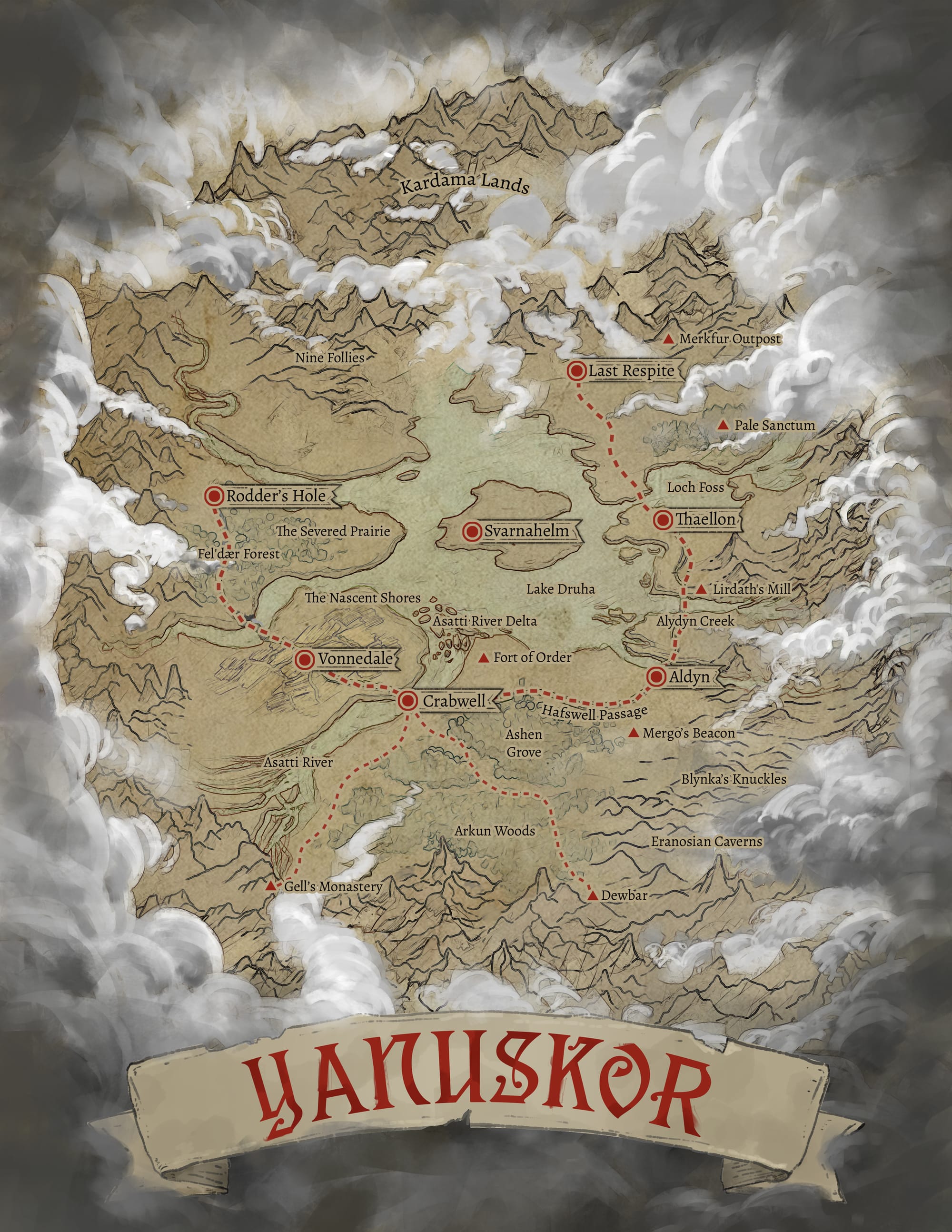
Religion
Are the gods real? If so, are they demonstrably real? Do they reveal themselves? Do they act through mortal hands? Do they influence the world directly? Do they bestow power? Does faith matter? Did the gods make the world? Did they make other worlds? Do they care about mortals? What do they want? Does faith influence the gods (i.e. does lack of belief cause a god to “die”?)?
How many gods? None, one, a few, or a whole bunch? Are all Gods manifestations of one divine essence? Can they be counted? Does the number change?
What is the hierarchy of gods? How are the gods related to one another? Are some higher or lower? Is there a family tree? Are some portions of a pantheon totally separate? Are there multiple pantheons?
What do different peoples think of the gods? Are all religions “true”? Do different peoples have different conceptions of the same gods? Is there religious conflict? If the gods are demonstrably real, does anyone still suffer from uncertainty or doubt? How are the gods depicted?
How are gods categorized? Are some good or bad? Or are there different “spheres” of gods? Are the gods representational? What (ideas, values, objects, professions, cultures, species) do they represent ? Have these categorizations changed over time? Are the mortal conceptualizations of the gods accurate?
Technology / Magic
How advanced is metallurgy? Can folks make iron? Steel? Exotic metals?
Determine whether the following (or some analog) exist:
- Printing press
- Gunpowder
- Railroad
- Medicines beyond herbs and bandages
- Immediate long-distance communication
- Airships
- Telescopes
- Refrigeration / food preservation
- Clock
- Steam or gas power
- Arcane or electrical light
What magic is possible? How is magic categorized? Who can learn it? Is it studied academically? Are there different “schools” of magic? Are the classifications of magic in your TTRPG system canonical in your setting? What tradeoffs does spellcasting require? What are the moral ramifications of magic? How has magic affected the socioeconomics of the world? Is magic feared? Loved? Hidden? Hoarded? Forbidden? Forgotten? Are all of the spells from your TTRPG system potentially available to NPCs? Or is your party unique in the magic they can wield?
Which technologies and magic are most important? Does one device or form of magic define your setting? Are technologies ubiquitous or unevenly distributed? Are some cultures far less advanced than others? Which creations are most recent? What might get invented next?

